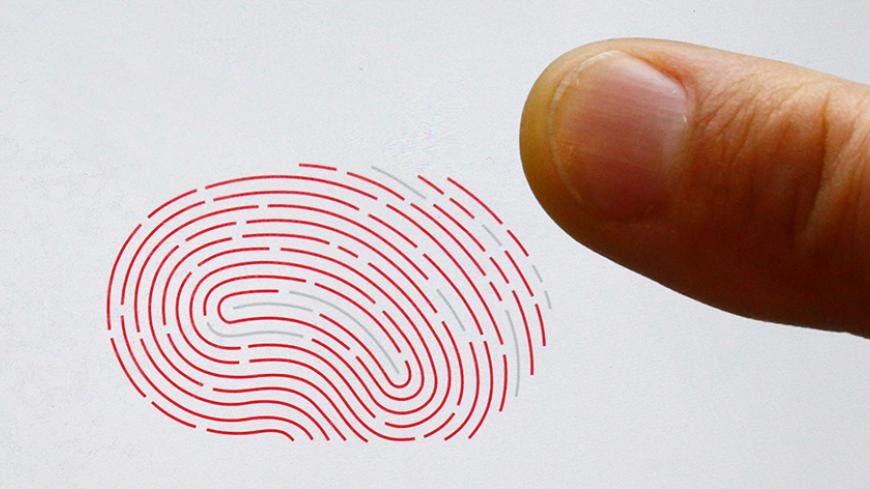Following the Nov. 13 attacks in Paris by the Islamic State (IS), a three-panel cartoon circulated on social networks. The first panel shows a woman wearing a skirt with the French word “Liberté” (freedom) on its hem and walking a leashed dinosaur with the word “Sécurité” (security) on its back. In the second panel, the dinosaur has become much larger, while the woman is much smaller and struggles to lead him. In the third panel, the dinosaur is devouring her. The moral is clear: Faced with a security threat, many would justify measures infringing on individual freedom and civil rights, as long as such measures are taken to protect their lives.
In a related matter, an Israeli government pilot program to establish a biometric database of all citizens is scheduled to conclude in March 2016. With Israelis in a panic over the ongoing wave of terror attacks by Palestinians, the timing couldn't be more perfect for the public's acceptance, with resignation, of a far-reaching violation of privacy, even though it is rather doubtful that such a violation would actually help against terrorism.



